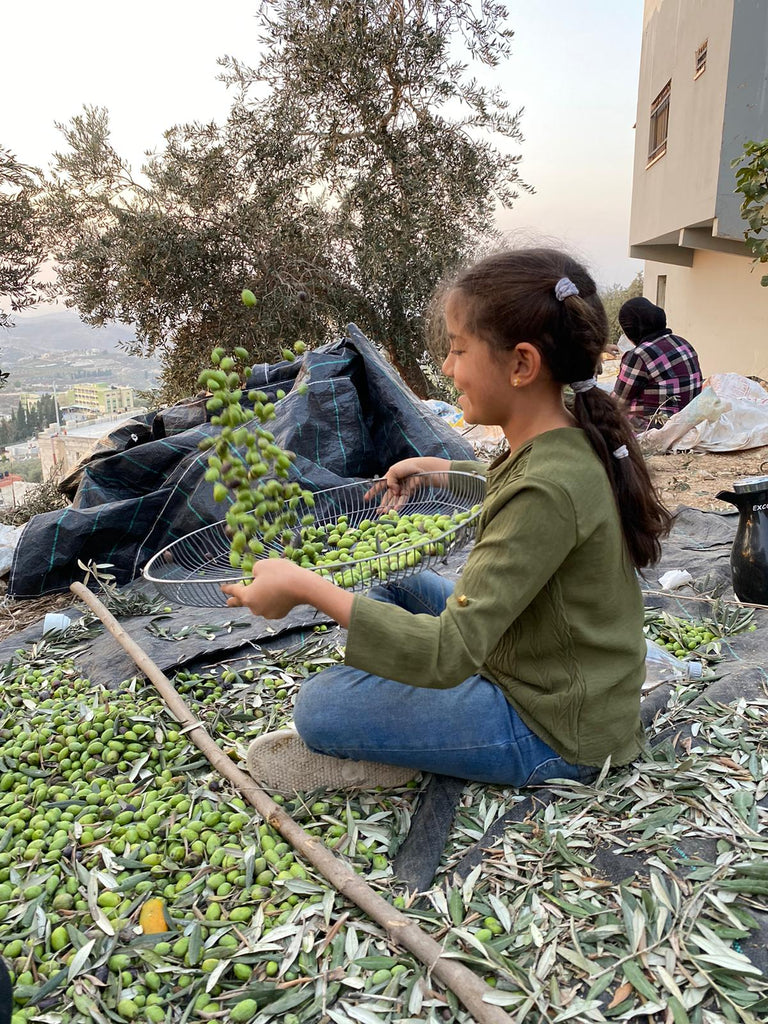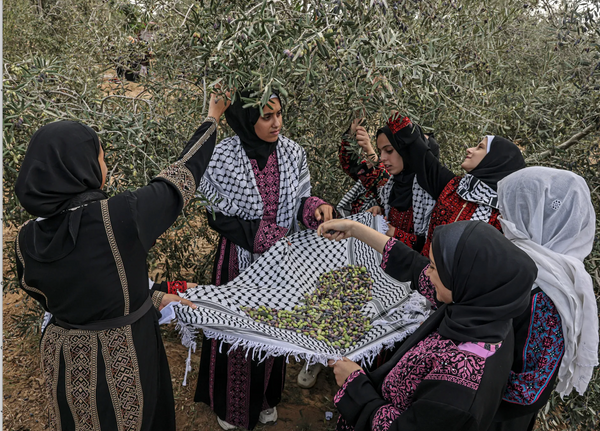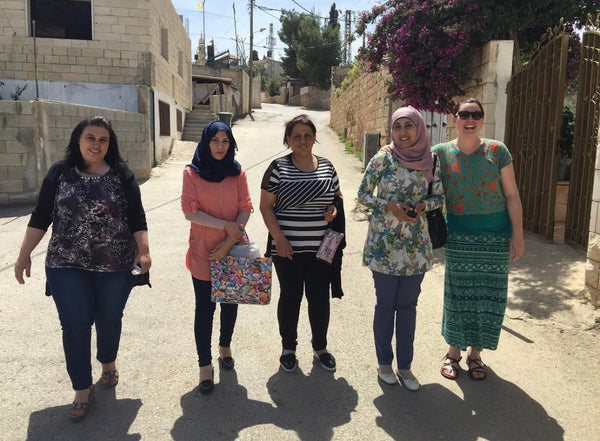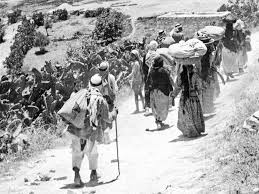Palestine's Olive Harvest and the Crisis of October 2023

Olive Trees: More Than Just Fruit

Olive trees hold a special place in the hearts of Palestinians, transcending their role as mere fruit-bearing plants. These venerable trees have deep-rooted significance in Palestinian life, contributing not only to their economy but also to their emotional, cultural, and historical identity. Owning an olive tree is often among the first considerations when acquiring a new property. These trees are lovingly preserved and passed down through generations, with many proudly able to trace the origins of their trees back to the original planter. The surplus olives and olive oil find their way to local markets, providing a crucial income source for countless families.
The Economic Significance of Olives

A considerable portion of the local population depends on olives for their livelihood. Olive picking often involves not only the tree owners themselves but also hired help. Moreover, there are press workshops that employ additional workers, and the process extends to buying containers and other items necessary for preserving olives. The cultivation of olives not only generates income but also creates numerous job opportunities, both directly and indirectly.
Beyond being sold as a fruit, olives yield a range of valuable by-products, including olive oil and pickled olives. Palestine is renowned for its diverse varieties of olives, and the cold-pressed olive oil, extracted from the initial press of the olives, is highly coveted. Extra virgin olive oil, while not from the first press, is of superior quality and is also in demand. These oils serve not only culinary purposes but also find applications in various industries, including beauty products. Palestinian olives are exported worldwide and are celebrated for their exceptional quality, with over a dozen distinct varieties grown in the region. (Link our last month’s blog on types of olives)
The Disrupted Olive Harvest of 2023

Unfortunately, the olive harvest of 2023 has been severely impacted by a series of devastating events, primarily attributed to the actions of colonists occupation in Palestine. Many communities have faced insurmountable obstacles due to the presence of checkpoints, attacks on Gaza, and incursions by Israeli settlers. This disruption has had far-reaching consequences, not only economic but also deeply emotional and cultural. For Palestinians, the olive harvest is not merely a tradition; it's a celebration of unity, a time when they come together to produce olive oil collectively. However, this year, a cloud of mourning shrouds what is typically a joyful tradition. The stress and anxiety experienced by the community are not limited to the individual; it is a collective sorrow and a profound sense of helplessness that prevails.








